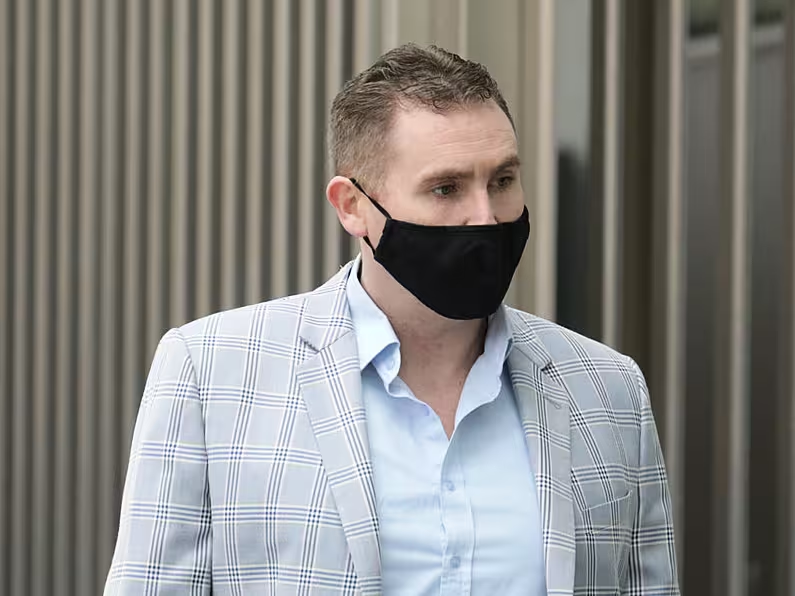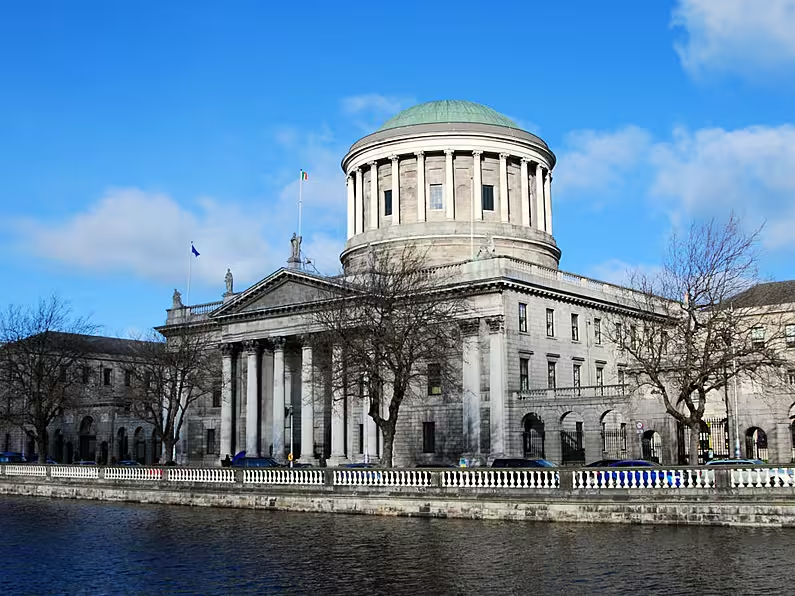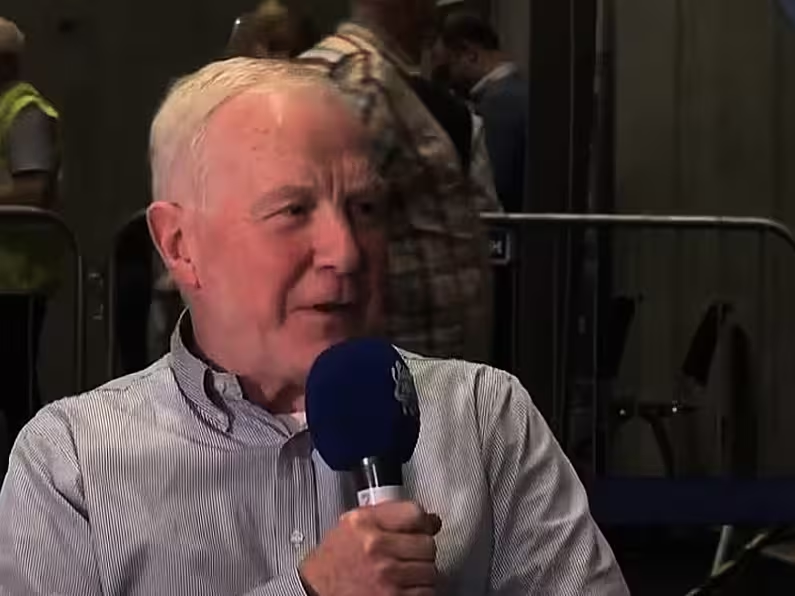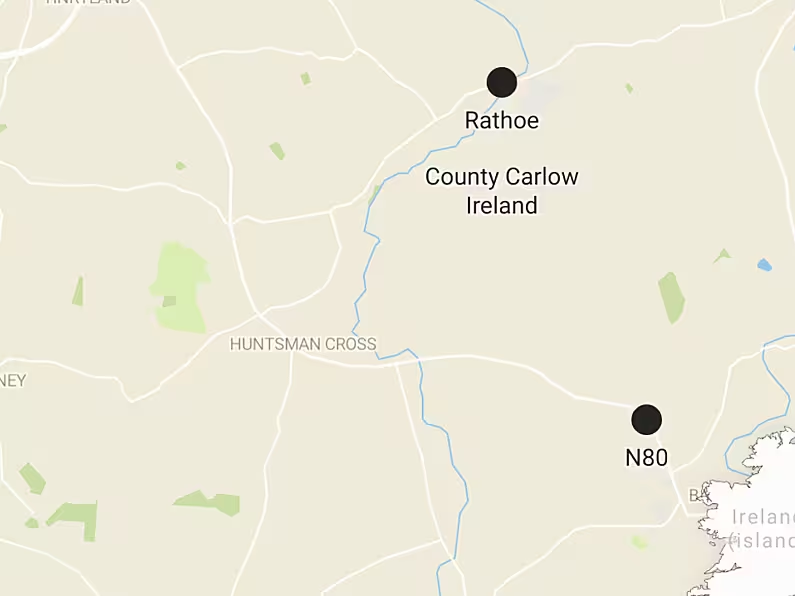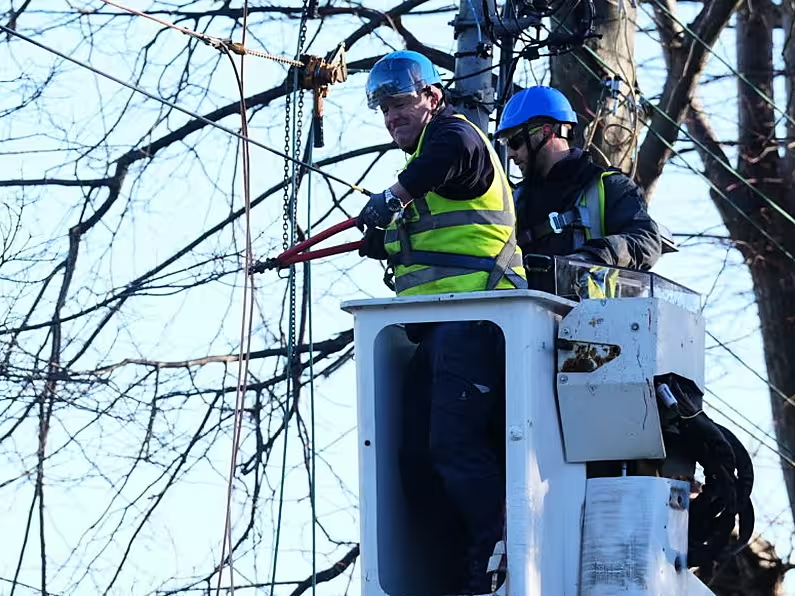Alison O'Riordan
Jonathan Collopy, who has a conviction for serious drugs offences from the early 2000s, is set to be extradited to Bulgaria where he is wanted to serve a sentence for drink-driving.
The Limerick man and father-of-six had contested his surrender at the High Court, with his lawyers submitting that there was "a real risk" he would receive inadequate medical care for his "severe back pain" due to "substandard facilities" should he be extradited to Sofia Prison in Bulgaria.
In response to a question from the High Court, Bulgarian authorities had confirmed that their prisons were not overcrowded, that they had enough space for social distancing and had adequate health facilities.
Delivering his judgment today at the High Court, Mr Justice Paul Burns said he was satisfied that "adequate provision" would be made for the respondent's medical needs while in detention and he was not satisfied that there were substantial grounds for believing that the respondent was at "a real risk" of being subjected to "inhuman or degrading treatment" by virtue of the likely conditions of his detention in Sofia Prison.
Health care
Opposing an application for surrender last March, Katherine McGillicuddy BL, for Collopy, submitted that her client suffered from "back and disc problems" and prison facilities in Bulgaria were "substandard". She argued that the High Court had "some duty" to prevent the respondent's health deteriorating and said he was entitled to "some measure of adequate health care".
Collopy (34) of St Mary's Park, Limerick City, is wanted in Bulgaria to serve an 18-month sentence having been convicted of drink-driving in his absence in May 2016.
He was arrested on November 5th last year on foot of a European Arrest Warrant (EAW) issued by Bulgarian authorities.
In 2019, Collopy, who has a car sales business in Limerick, was arrested in France on an EAW "but his surrender was refused by the French authorities".
In an application to the High Court for Collopy's surrender, Grainne Mullan BL for the Minister for Justice, said that information had been sought concerning overcrowding in Bulgarian prisons and the authorities had outlined that Collopy would be detained in a living area of not less than four square metres. The barrister also pointed out that the prison facilities in Bulgaria were equipped with a private bathroom, direct access to daylight and natural ventilation.
While noting that the respondent had a back condition, Ms Mullan said there was "active treatment" for prisoners in a specialised hospital in Sofia. She said Collopy had also raised the issue of violence amongst prisoners due to his previous experience in a Bulgarian prison in 2013. "Prisoners can apply to the court if they believe any breach of their rights is about to happen or has happened," she indicated.
Counsel submitted that there was no real risk that Collopy would face treatment contrary to Article 3 of the Human Rights Act [freedom from torture and inhuman or degrading treatment] should he be extradited to the Bulgarian prison and the High Court should surrender him. Furthermore, she said, an express assurance had been given from the Bulgarian authorities that Collopy would be entitled to inpatient and outpatient care.
Severe back pain
In reply, Ms McGillicuddy argued that her client suffered from back problems, that he previously had surgery for "disc problems" and is currently on a waiting list for more surgery due to severe back pain. She said foreign nationals had reported problems with bed bugs in the Bulgarian prison and appropriate bedding such as pillows were missing from most of the beds.
There was a recommendation that two doctors work in the prison yet currently only one doctor was responsible for the medical care of 600 prisoners and the second position remained vacant, she said, adding that this was "insufficient" to meet her client's needs.
In summary, Ms McGillicuddy said that Collopy had a pre-existing medical condition which required treatment and prison facilities in Bulgaria were "substandard". "There is some duty to prevent a deterioration of his health and he is entitled to some measure of adequate health care and accessing it without unfair disproportionate barriers," she added.
Conviction
Ordering his surrender to Bulgaria today, Mr Justice Burns said Collopy had been convicted of the drink-driving offence on May 23rd, 2016, and he did not appear personally at the trial, but he was aware of same and was legally represented at both the initial hearing and at an appeal brought by the respondent.
The judge said he was not satisfied that there are substantial grounds for believing that, if surrendered, the respondent was at "a real risk" of being subjected to "inhuman or degrading treatment" by virtue of the likely conditions of his detention. "I'm satisfied that if surrendered, adequate provision will be made for the respondent's medical needs while in detention," he said.
Mr Justice Burns had previously sought further information from the Bulgarian authorities as to whether an EU citizen was entitled to health insurance cover if one did not have a residency permit. Bulgarian authorities had stated in a reply to the High court that foreign citizenship would not prevent him from being treated as a health insured person.
Health insurance
The judge said today that prisoners have the right to state-funded health insurance and, as such, are entitled to receive medical care within the scope of the package of health activities guaranteed by the budget of the National Health Insurance Fund.
He said that specific and clear assurance had been given by the issuing state that this particular respondent would be covered under the National Health Insurance Fund and that his nationality would not be a barrier to such cover.
Mr Justice Burns then made an order for Collopy's surrender to Bulgaria and told the respondent that he would have 15 days to consider the judgment.
Collopy was remanded in custody until Friday, when the matter is listed for mention.
Sgt Jim Kirwan, who objected to bail at the initial extradition hearing, said Collopy has 17 previous convictions, mostly for road traffic matters in recent years but, he added, in 2004 he was jailed for serious drugs offences.



